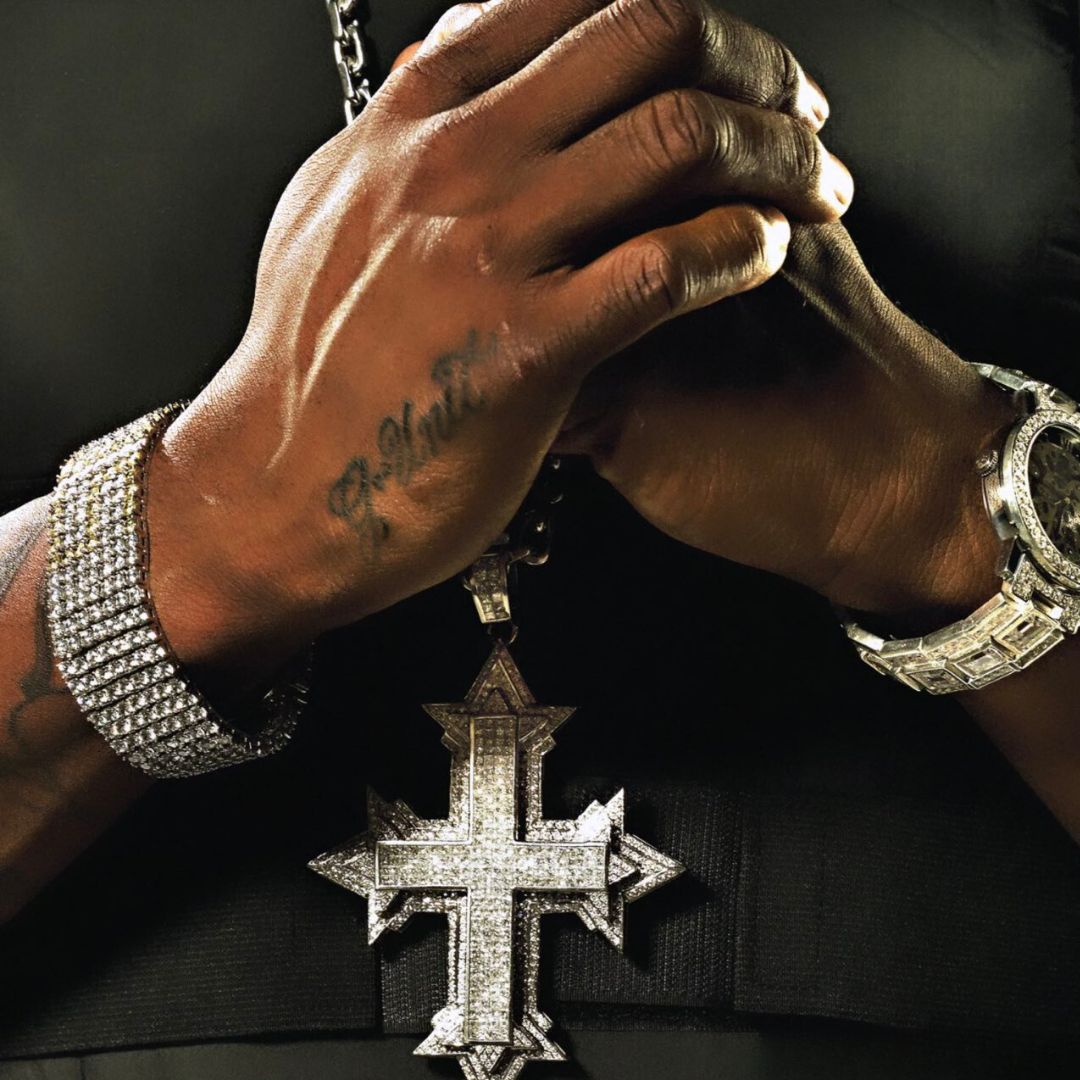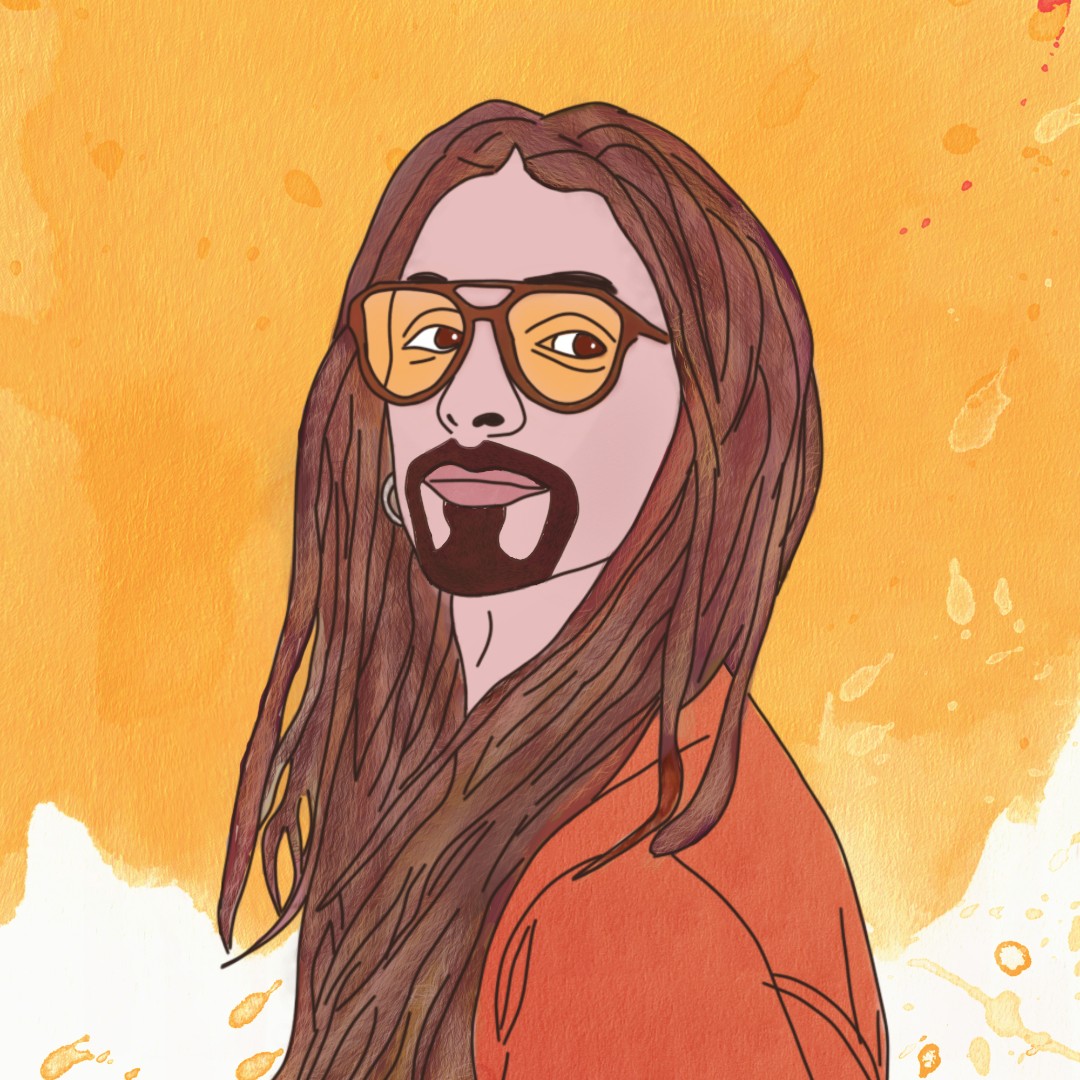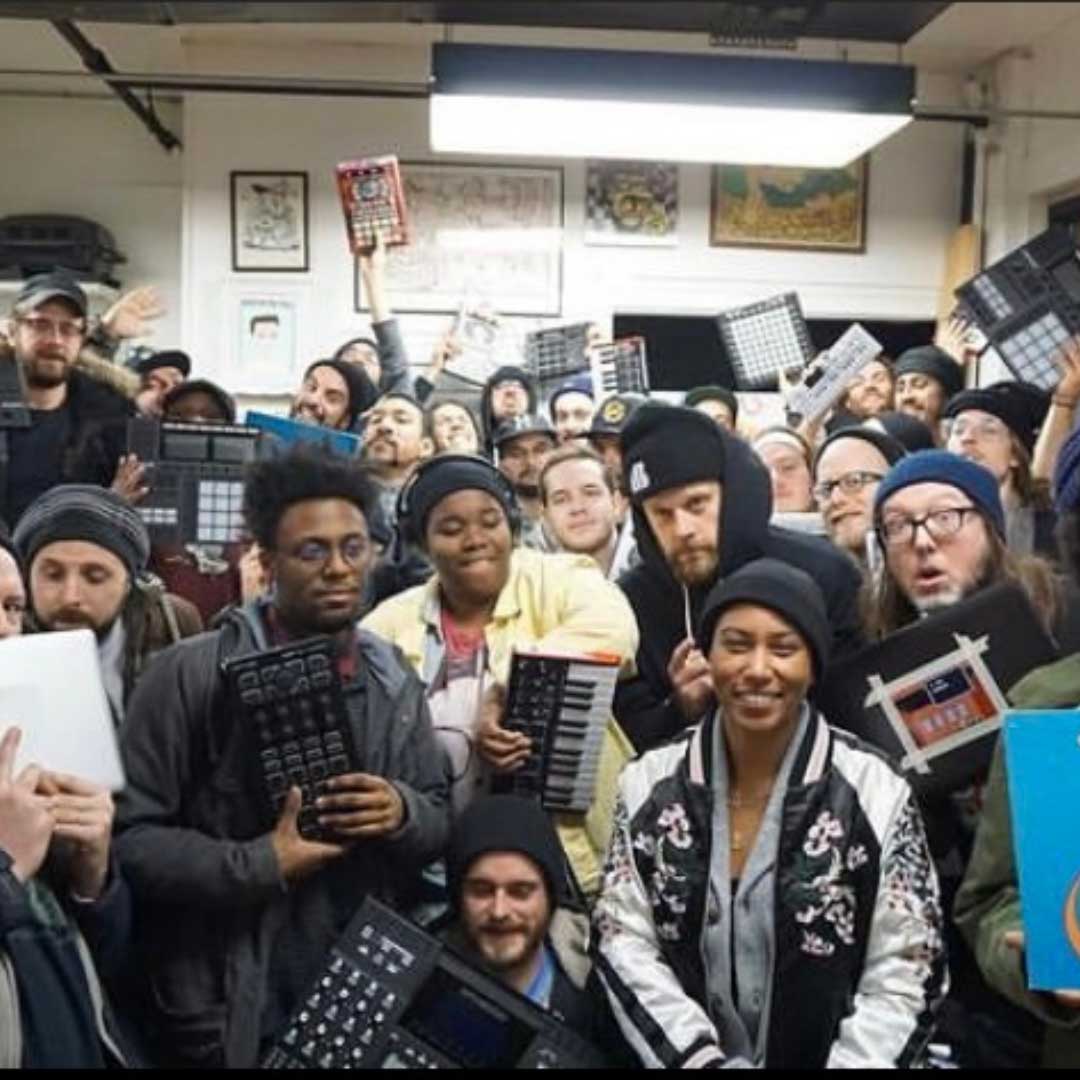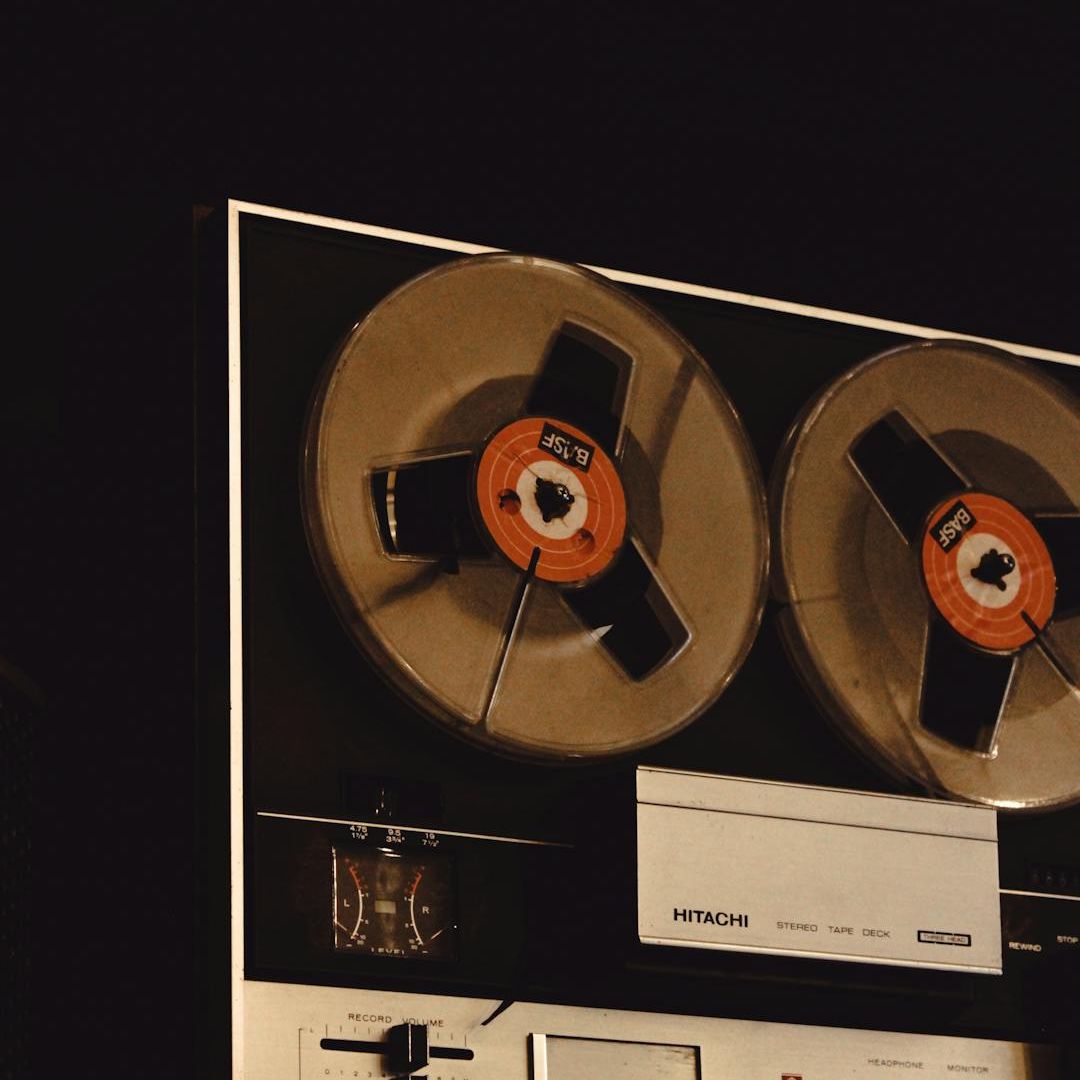Enter Andrea Uliana, probably known to most as Railster.
Railster is a producer rather out of touch with the rest of your local music scene, and in a certain sense, it always has been. Both by geographical origin, Friuli, a tiny Italian region at the eastern border with Slovenia, and by current residence, London.
His profile remains in an area blurred by very labile limits. Perhaps also for the fact that, if you find him sitting in a hip café in a friendly Saturday afternoon chat mode, he recognizes and appreciates with equal ease and verve Notorious B.I.G. as much as Juan Atkins.
Maybe you’ve never heard of him, maybe you know that he is the founder and creator of the project called BEAT.IT. Maybe you know that he also came out with a job on Lucky Beard (the musical label directed by Crookers, nda). Also, you may know that his perimeter of action has solid roots in the hip hop culture but knows no boundaries, hybridizing with the thousands of modern and post-modern electronic drifts. That’s the perfect circumstance to bring you his gaze on the world of music production, and have a chat.
The first beat sold/placed?
The first beat placed is a bit like the first kiss: you know more or less what you are doing, but it’s not that you take it as a reference in the future… 🙂 I tried to sell some beats at the time of Myspace, but I remember that I never had great feedback, maybe I was doing a little too particular things.
How long did it take you to produce something you were proud of?
A long time. I spent at least four years in the early 2000s making beats for my rap group that I had in high school and the like. I made an album in 2008 called Patchwork Anthems, but then I invested several years in really understanding what I could and wanted to give and/or do. I did a lot of experiments, up to a certain point, where I understood that I simply wanted to make electronic music that sounded interesting to me in the first place, but also for the listener. I was proud to have done a Jerrell James remix, around 2008 because it finally sounded like something original to me.
Your favourite set-up for production?
I could very well only produce with Ableton Live, a handful of plug-ins, the Internet, and any laptop, but in reality, I like to complicate my life. For a few years, I have explored the world of hardware, and for more than a year now, my set up has consisted of an Akai MPC 2000xl and an Akai s950, which allow me to have a draft or a good starting point for the rhythm section and the samples. For the more musical part, I like to use the Roland Alpha Juno 1, as a master keyboard, studying the melodies, chords, and all the rest of the “composition”. If I’m not happy with the tone, I often reuse midi with different synths to get different and sometimes unexpected results. Among my synths, which I usually use, I have the DSI Tetra, Yamaha Tx7 or Yamaha Cs01, but then it depends on the song or song that I have to do, often based on what I try to select the hardware to use. The only problem is that after all, to clean everything up, you always have to go back to Ableton Live!
The best “digging advice” you’ve ever received?
Goedi from Microspasmi once advised me to pay attention to the names of the musicians found in the credits of the records. It sounds like a simple or silly thing, but when you go digging, read the credits and you know that the drummer is good, there is a high chance that he will be good on another record, or another line-up too. That’s culture, finally.
The producer, in the last 3 months, who made you say: “Oh, shit, I have to get back on the machines”?
In my endless searches on Youtube, recently I found a couple of very interesting artists. Mr G, for instance, does everything live with the 2000xl. But I must say that those who push me to go to the hardware are the historical artists that I have always listened to as a boy: the Italians like Gente Guasta, Fritz da Cat, Shocca, Zonta, Fid Mella, as well as Kev Brown, J Dilla, and so on, passing through Autechre and Aphex Twin. If I use hardware, it is mainly because I like to study it. A friend of mine once said to me, “I, the MPC60, have it here.” pointing to his forehead. 😉
The worst production error you’ve ever made?
I think it’s when the base overcomes the vocals, it often happens when I make songs with many audio tracks. Or often when I do too many melodies they can sound dissonant with the sample or not scale. This is why I often try to take a step back, and by taking away and simplifying.
An essential tip for mixing:
If we want to give a very basic trick all I can say is: stay at -6db maximum peak always, keep the kicks at -12db, snares a little less, and everything else below. If then one needs a more present kick, he gives him an extra DB o, and in any case, there is a lot of headroom, avoiding to affect too much the dynamics. But then in the end with the whole loudness war business, these tricks seem to serve less and less.






